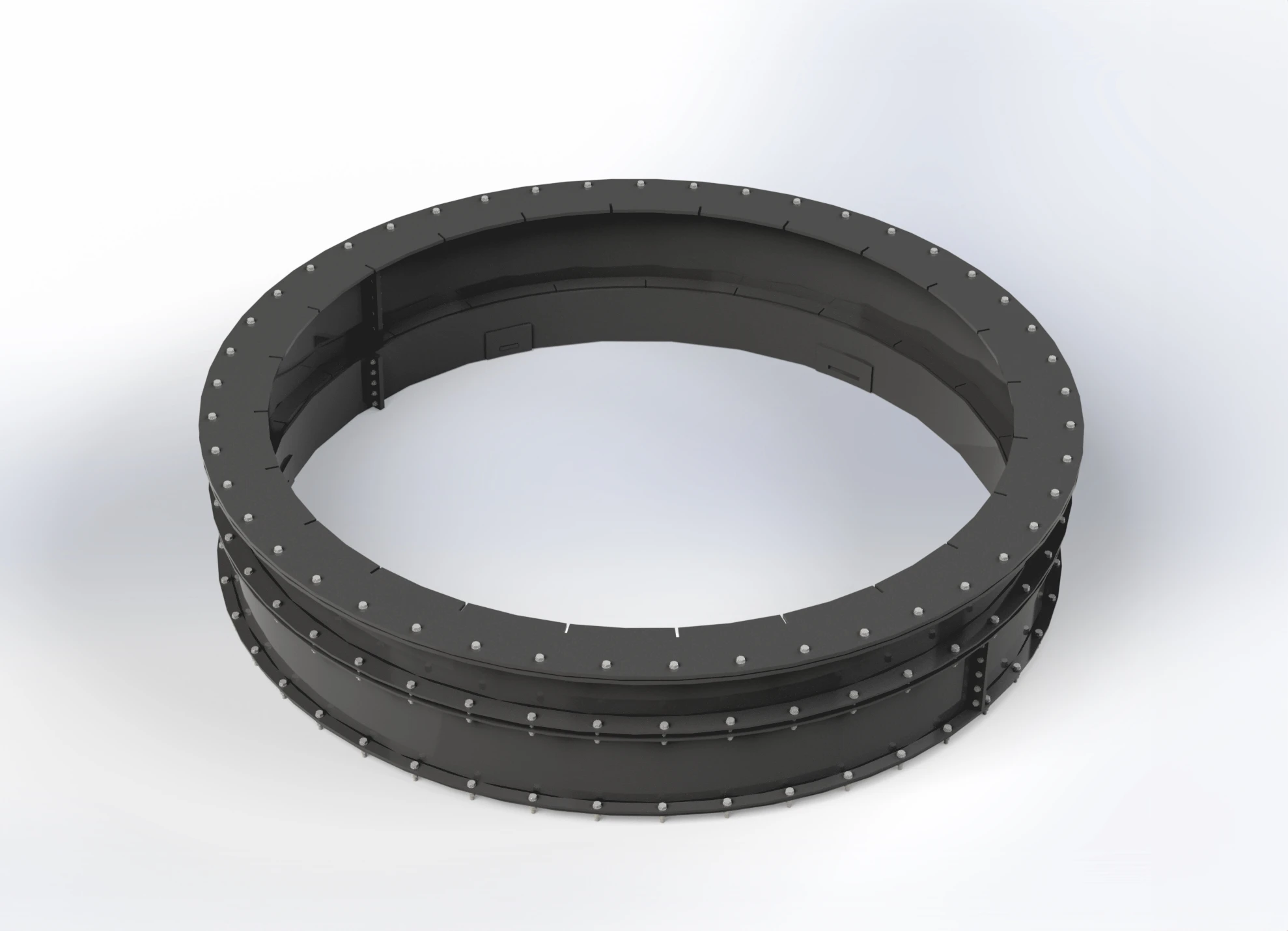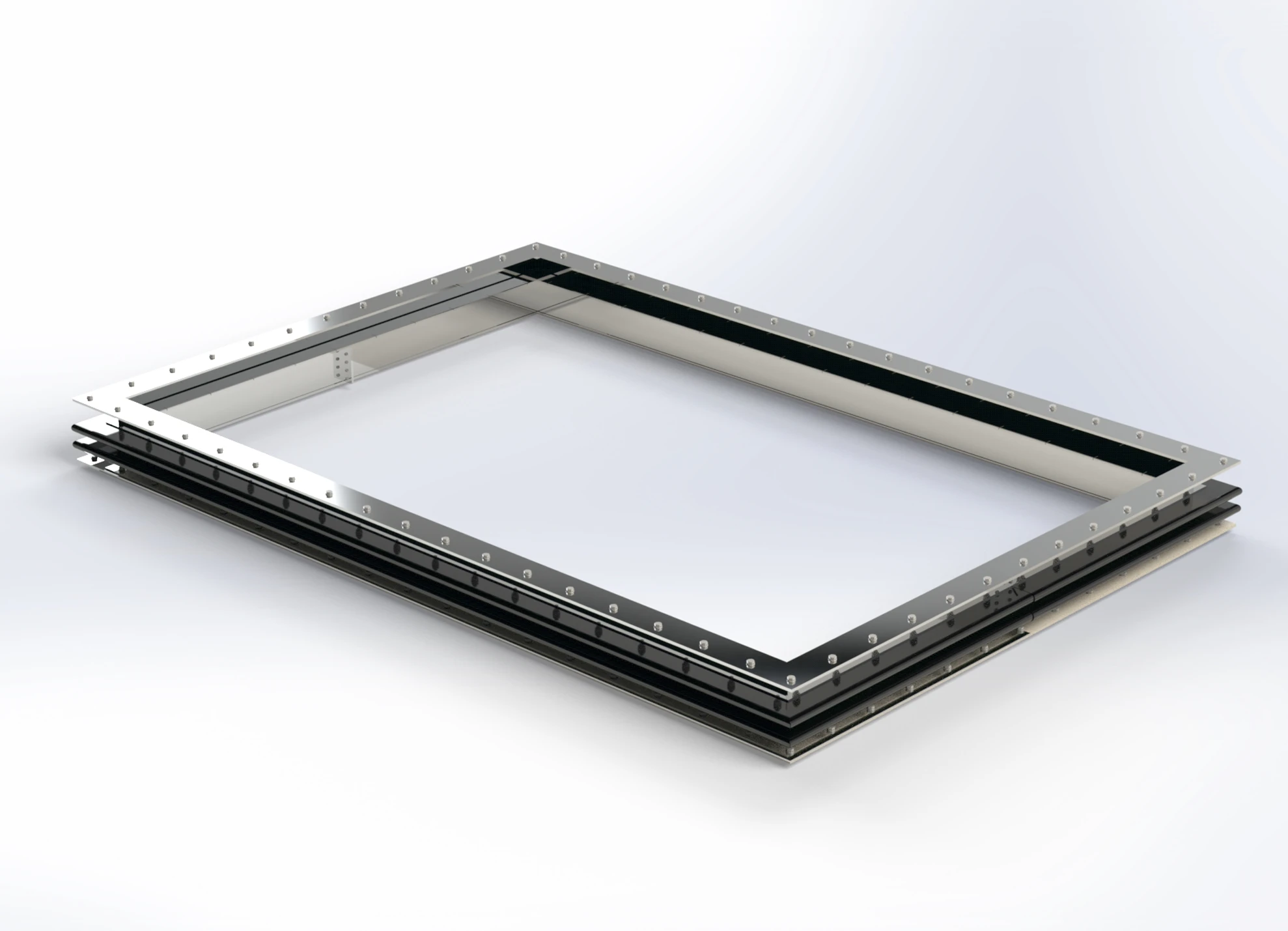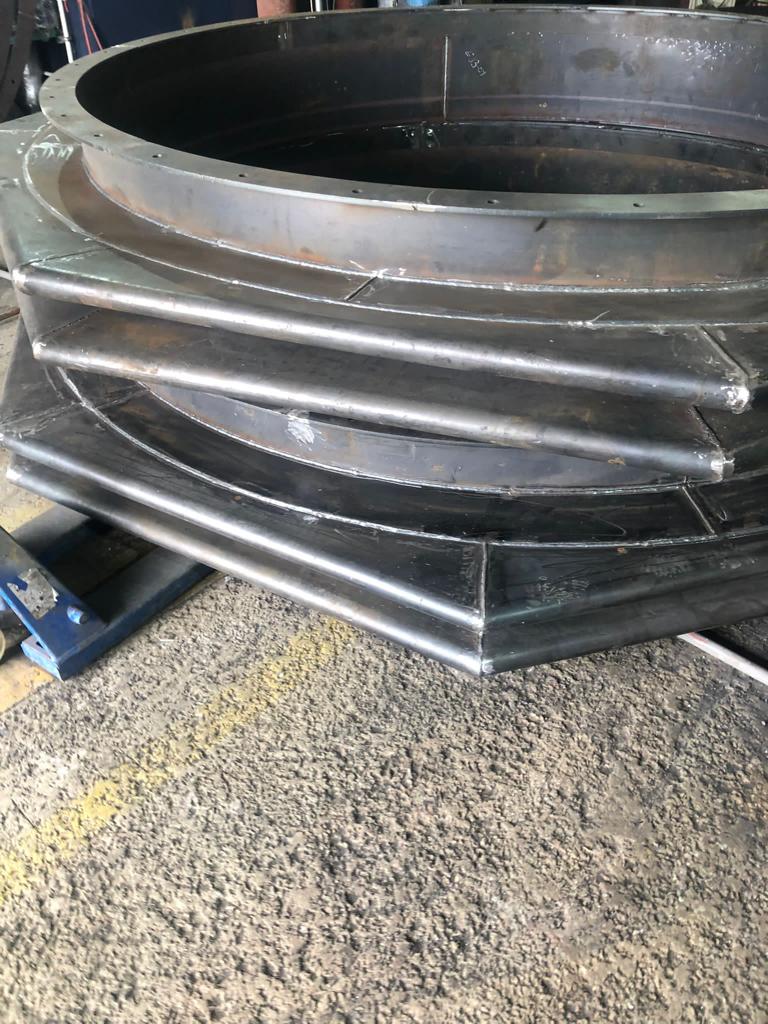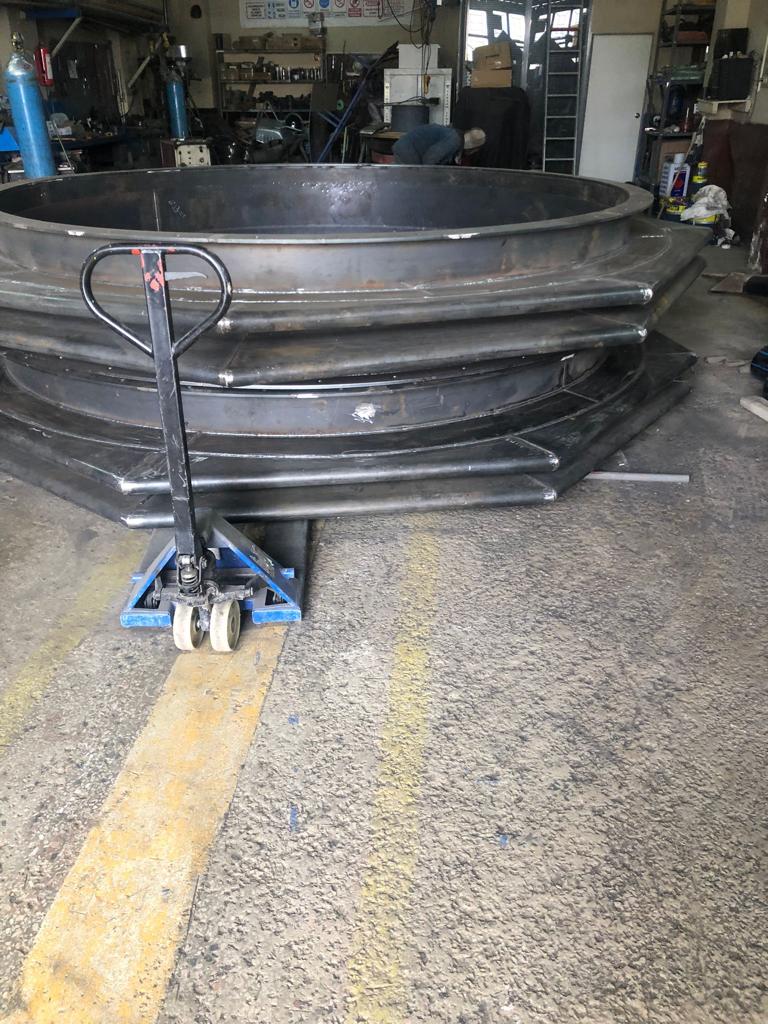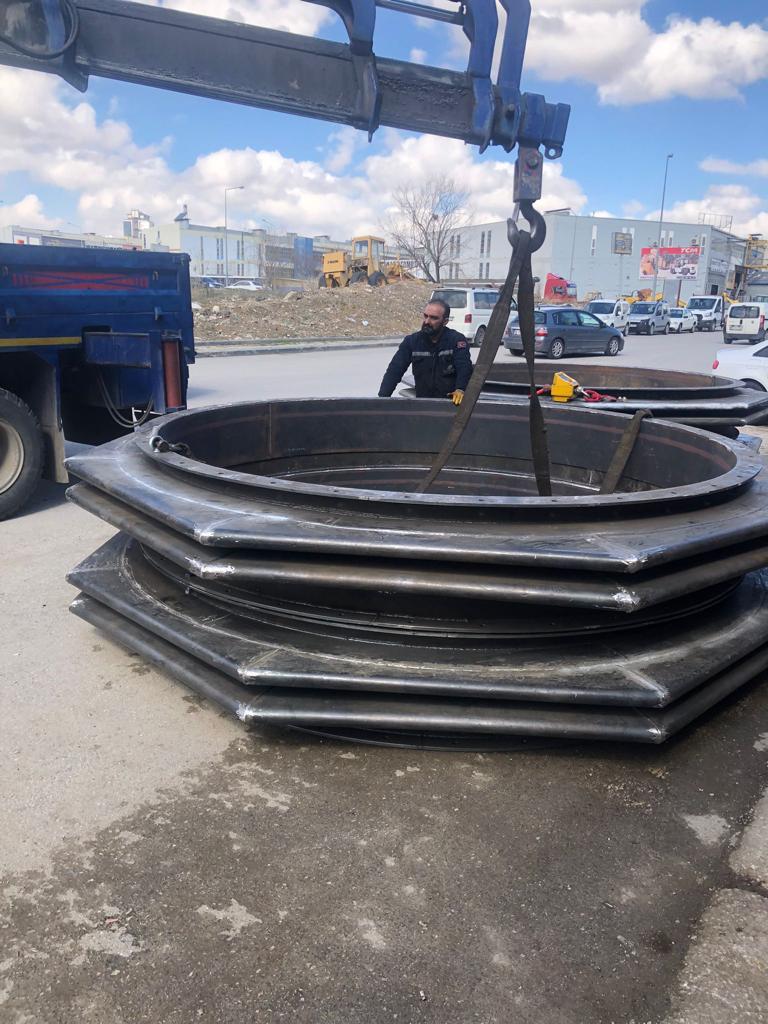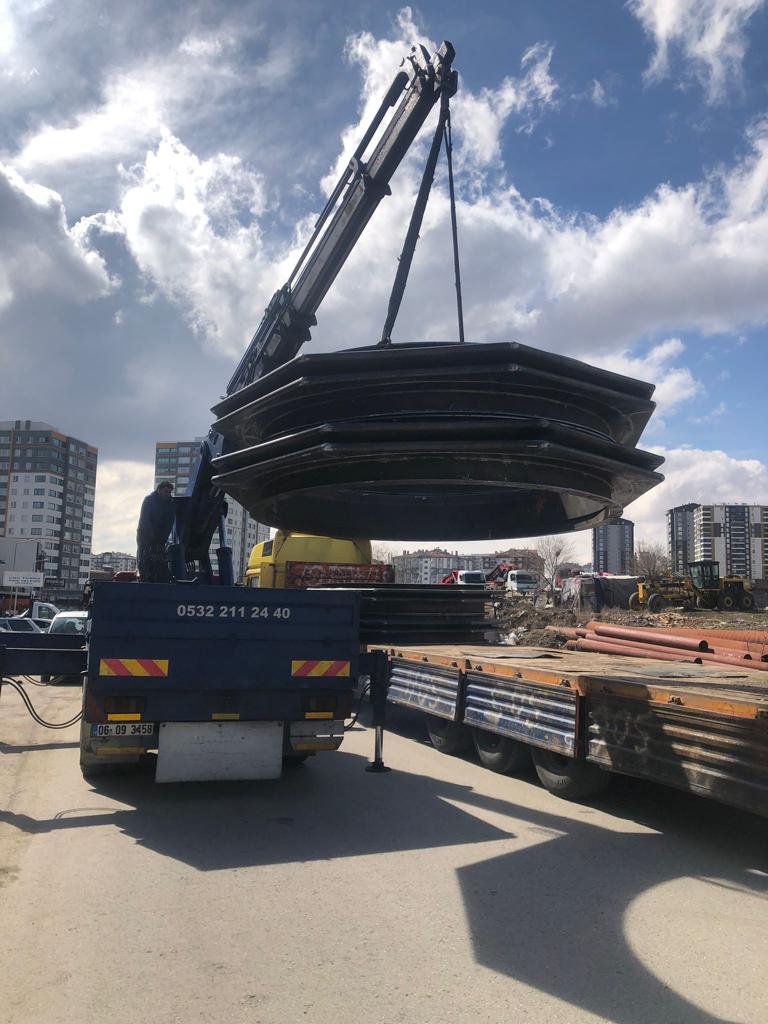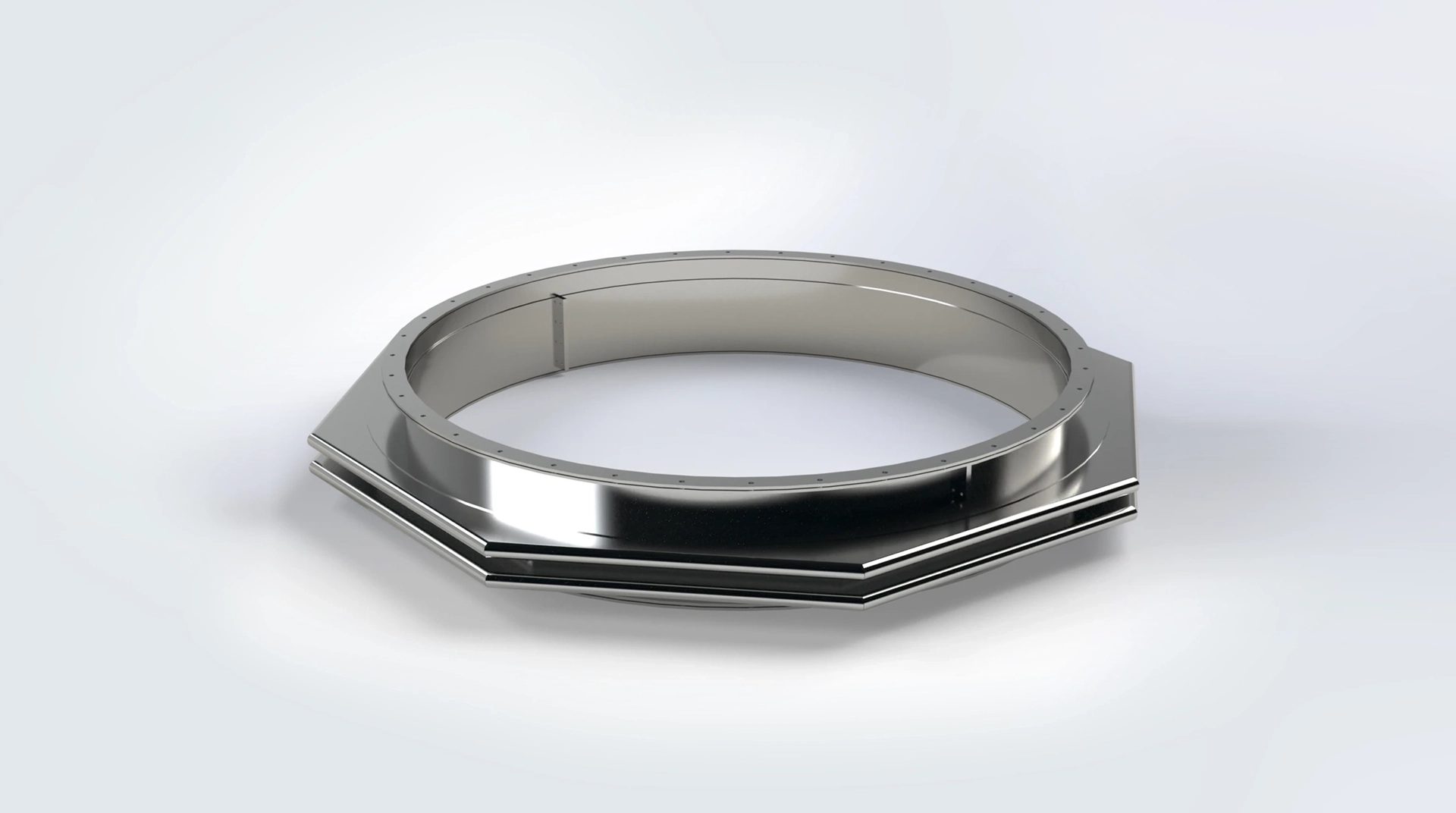
Valves and Feeders
Steel Compansators
Steel compensators are flexible connection components designed to absorb expansion and contraction movements caused by heat, pressure, and mechanical vibrations. Widely used in energy, petrochemical, cement, food, automotive, steel, and ventilation industries, these systems ensure the longevity and safe operation of pipelines.
In facilities exposed to high temperatures and pressure, steel compensators reduce mechanical stress on pipelines, preventing system damage. Thanks to their flexibility, durability, and long service life, they help lower maintenance costs and enhance efficiency in industrial operations.
How Do Steel Compensators Work?
- Absorbs expansion and contraction: Temperature changes and pressure fluctuations cause pipelines to expand or contract, which is absorbed by the compensator.
- Dampens mechanical vibrations: Prevents fatigue and cracking by reducing stress on the pipeline.
- Reduces stress on pipe connections: Extends the lifespan of the installation by minimizing mechanical strain at connection points.
These features help reduce energy losses in industrial systems while ensuring safe and efficient operation.
Advantages of Steel Compensators
- Heat and pressure resistance: Ensures safe operation under extreme conditions.
- Vibration and impact absorption: Protects pipelines by compensating for mechanical vibrations and sudden pressure changes.
- Long service life: Made from stainless steel bellows, offering resistance to wear and corrosion.
- Easy maintenance and repair: Prevents pipeline damage, reducing overall maintenance costs.
- Flexible connection options: Available in various sizes and designs to fit different pipe systems.
- Leak-proof operation: Maintains tight sealing even under high temperatures and pressure, ensuring system safety.
Applications of Steel Compensators
- Power plants: Controls thermal expansion in steam and hot water pipelines.
- Petrochemical & refineries: Provides flexible, high-pressure-resistant connections for oil, gas, and chemical pipelines.
- Cement & mining industries: Absorbs expansion in kilns and filtration systems operating at high temperatures.
- Food & beverage production: Ensures flexibility in hygienic production lines.
- Automotive industry: Reduces vibrations in engine exhaust systems and test facilities.
- Steel industry: Controls thermal expansion in high-temperature pipelines.
- HVAC & ventilation systems: Balances pipe expansion and vibration in large-scale climate control systems.
Types of Steel Compensators
- Axial compensators: Absorb linear expansion along the pipeline.
- Lateral compensators: Offset lateral movements, increasing system durability.
- Angular compensators: Absorb angular movements at pipeline direction changes.
- Pressure-balanced compensators: Minimize the load on pipelines in high-pressure systems.
Key Considerations When Choosing a Steel Compensator
- Operating temperature & pressure: The compensator material must withstand the specific temperature and pressure of the application.
- Expansion capacity: The model should be selected based on expected expansion and contraction in the pipeline.
- Connection type: Available options include welded, flanged, or threaded connections, depending on system requirements.
- Material selection: Stainless steel or carbon steel options should be chosen based on the chemical and physical conditions of the application.
- Vibration & pressure balancing features: The compensator must provide adequate protection against pressure fluctuations in the system.
Oresis Steel Compensator Solutions
At Oresis, we offer high-temperature and pressure-resistant steel compensator solutions to improve safety and efficiency in your production processes. Our customized designs and high-quality materials ensure long-lasting and reliable performance.
Send Your Questions and Requests:
You can call us for more detailed technical information about our products.
Contact now
Our e-mail address
Our phone number


